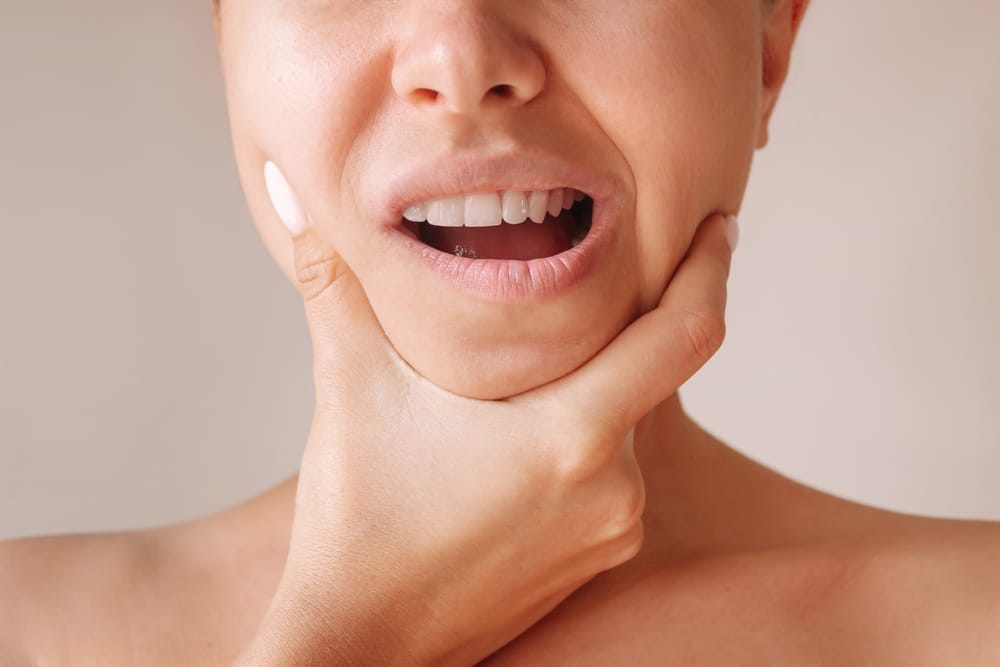 Tooth pain can range from mild discomfort to severe agony, making it difficult to pinpoint the underlying cause. While occasional sensitivity may resolve on its own, consistent or worsening dental troubles may indicate a problem that requires examination by a dentist.
Tooth pain can range from mild discomfort to severe agony, making it difficult to pinpoint the underlying cause. While occasional sensitivity may resolve on its own, consistent or worsening dental troubles may indicate a problem that requires examination by a dentist.
This post will decipher the common reasons for tooth pain, offer home treatment options, and point out some signs that it’s time to schedule a dental appointment.
Causes of Tooth Pain
Tooth decay is one of the leading contributors to tooth pain. Cavities develop when plaque and bacteria are left on the teeth without proper oral hygiene.
Over time, these microbes dig deeper beneath the enamel surface. If cavities are neglected and allowed to worsen, the decaying process may penetrate all the way to the inner pulpal tissue inside the tooth. Here, a bacterial infection takes hold – known as a tooth abscess.
Abscesses cause relentless, throbbing pain even when biting pressure is absent. The inflammation becomes agonizing at all times due to infiltration of harmful microbes within the dental pulp.
Other problems from chipped, cracked, or fractured teeth may similarly induce tooth discomfort. When enamel breaks away, the underlying dentin is exposed. This sensitive layer senses even subtle temperature changes or contact, triggering pain.
Additionally, teeth grinding – a condition called bruxism – subjects teeth to repetitive wear and stress over many years. Prolonged clenching and grinding wears down tooth structure extremely thin, leading to cracks and leaving nerves vulnerable.
Beyond issues directly linked to oral health, teeth can also become tender owing to other causal factors. For instance, damaged restorations like fillings or crowns that fail to fully protect underlying dentin. Tooth sensitivity may arise from receding gums tied to periodontal disease, exposing roots prematurely.
Likewise, erosion from dietary acid takes its toll, thinning enamel and dentin. In some cases, wisdom teeth become oddly slanted as they develop – called an impaction – placing force on neighboring teeth. Gum inflammation whether mild (gingivitis) or severe (periodontitis) typically produces tender, swollen gums.
Home Remedies for Tooth Pain Relief
For mild cases of tooth discomfort, over-the-counter treatments such as pain relievers, cold compresses, and desensitizing toothpaste may provide relief at home. Pain relievers like ibuprofen (Advil) or acetaminophen (Tylenol) can be taken to reduce swelling and dull tooth aches.
Applying a cold compress to the outside of the cheek near the painful tooth can help constrict blood vessels and numb sensation. Rinsing the mouth with salt water may also help reduce inflammation.
Desensitizing toothpastes containing compounds like potassium nitrate have the potential to temporarily relieve sensitivity when applied to the tooth.
When to See the Dentist
While making use of self-care methods can manage minor tooth troubles, it is important to schedule a dental appointment for evaluation and treatment if certain signs appear. This includes experiencing pain that prevents normal activities like eating, speaking, or sleeping. Seeing the dentist is also advised if over-the-counter remedies provide little relief after several days.
Symptoms suggesting a possible infection, such as facial swelling, fever, or pus around the affected tooth, warrant a dental exam. Trauma to the teeth from hard objects, sports injuries, or accidents that may cause fractures also necessitate professional evaluation. Underlying dental issues may require examination and diagnosis beyond temporary home remedies.
With timely dental visits, many issues can be caught early when treatment is simpler and more affordable. Ignoring severe or persistent oral pain risks further dental disease, infections, and expensive interventions. Overall, prioritizing oral health helps ensure normal function and comfort.
Various factors can contribute to tooth discomfort, so it pays to understand common causes and know when self-care is no longer enough. With awareness of options like dental cleanings and restorative treatments, anyone can positively manage their oral health and smile. For relief from ongoing pain or questions about dental care, consult a local dentist like Riverside Dental Care in St. George, Utah.



Leave a Reply